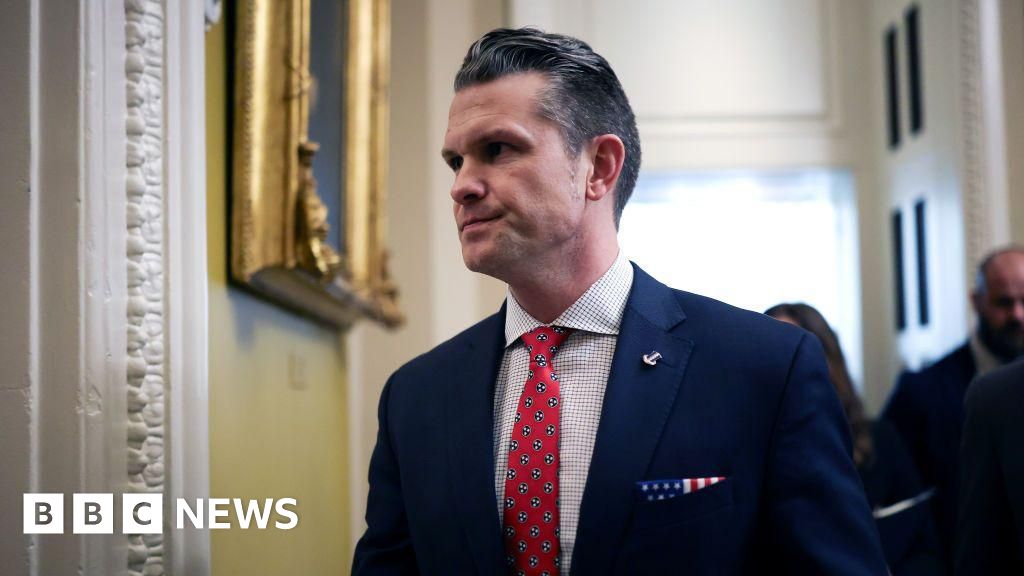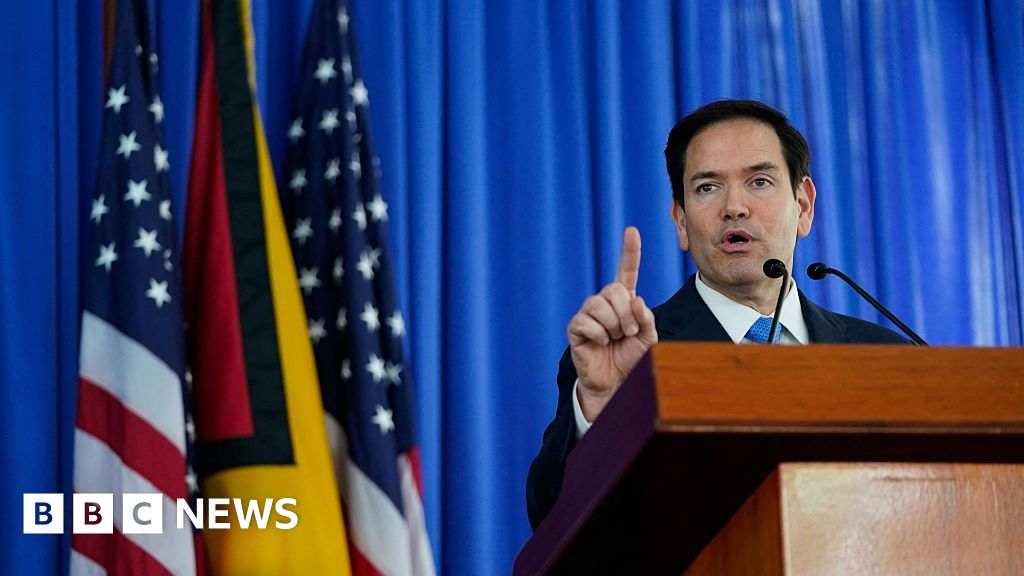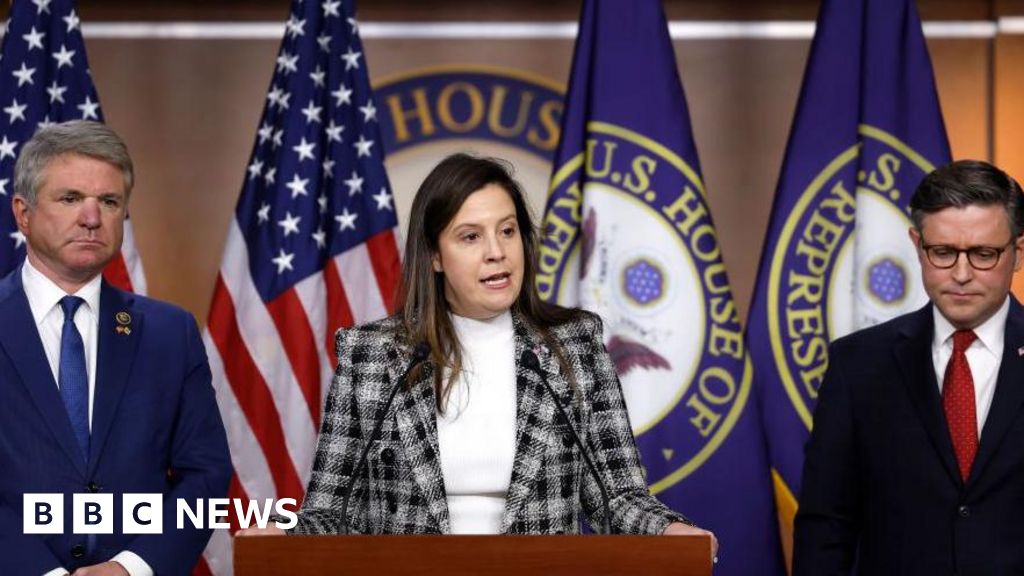ARTICLE AD BOX
image source, EPA
image captionThousands of Afghans sought to leave through Kabul airport, which was guarded by US troopsThe top US general and the secretary of defence are to be questioned in Congress over the military withdrawal from Afghanistan last month.
US troops had to accelerate their withdrawal - originally due to be completed by 31 August - after Kabul fell to the Taliban on the 15th.
There were chaotic scenes at Kabul Airport as foreign powers sought to get their citizens home and thousands of desperate Afghans begged for rescue.
A suicide attack killed 182 people.
Thirteen US service personnel and at least 169 Afghans were killed when a bomber blew himself up at a gate to the airport on 26 August.
Gen Mark Milley, chairman of the Joint Chiefs of Staff, and Defence Secretary Lloyd Austin will speak before the armed services committees of the Senate on Tuesday, and the House of Representatives on Wednesday.
Another US general, Kenneth McKenzie, will also appear. As head of US Central Command, he oversaw the withdrawal from Afghanistan.
US troops first entered Afghanistan in late 2001, shortly after the 9/11 attacks. By the time they left, the US had spent about $985bn (£724bn) and deployed tens of thousands of troops, peaking at 110,000 in 2011.
In the weeks between the fall of Kabul and the withdrawal deadline of 31 August, the US evacuated its remaining 4,000 troops. It is also taking about 50,000 Afghan refugees who were airlifted out of Kabul.
As many as 20 people died in the crowds which gathered at the airport in the days after the Taliban takeover.
Gen Milley is likely to face tough questioning on Tuesday, especially from Republicans, who have called for him to be sacked. It emerged recently that he held phone conversations with the Chinese military following concerns about then-President Donald Trump.
The phone calls were revealed in a book by journalist Bob Woodward, who also said Gen Milley had told his staff that if Mr Trump ordered a nuclear strike, then he would have to confirm it before it was carried out.
A spokesman for Gen Milley defended the calls, saying they were part of his duty to maintain "strategic stability".
He and Gen McKenzie could face questions about a US drone strike in Kabul on 29 August which killed 10 innocent members of a single family.
After the attack, Gen McKenzie said US intelligence had tracked a car belonging to one member of the family, an aid worker, believing it was linked to a branch of the Islamic State (IS) group.
Gen Milley originally described the attack as a "righteous strike". After the Pentagon established that the dead were all civilians, he backtracked, admitting that he had spoken too soon.

 3 years ago
159
3 years ago
159








 English (US) ·
English (US) ·